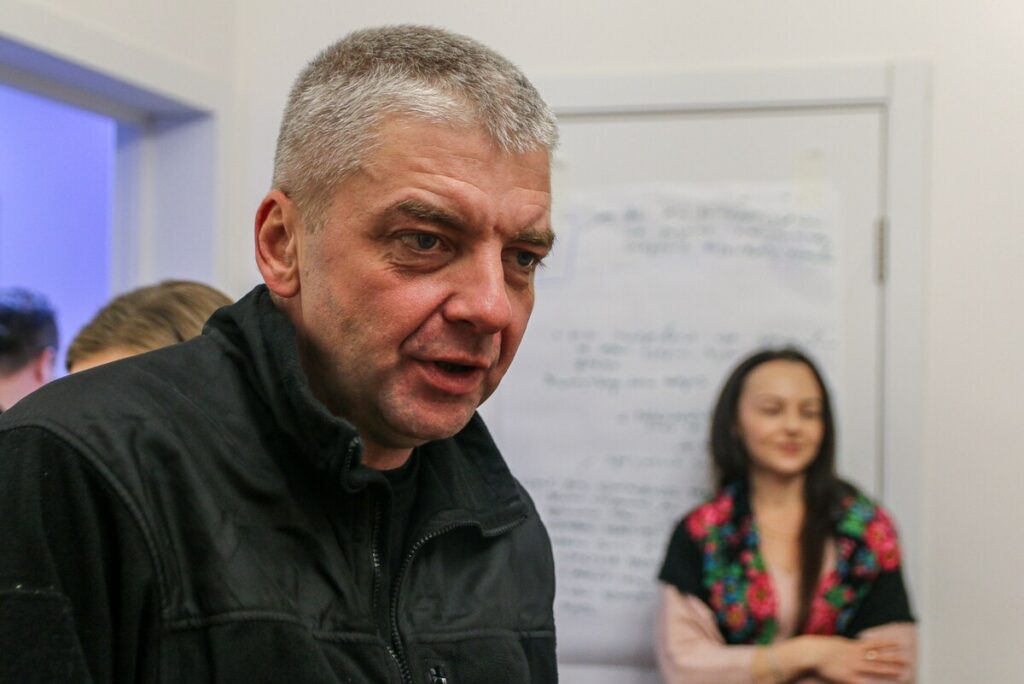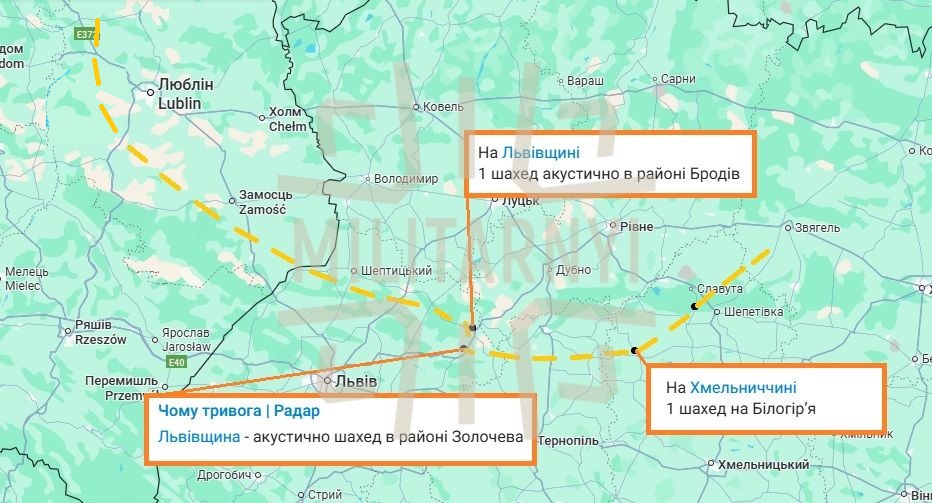Ukrainian human rights defender Maksym Butkevych shortlisted for Václav Havel Prize

Maksym Butkevych has made the short list for the 2025 edition of the Václav Havel Human Rights Prize, PACE announced on 26 August. The prize is given to those who have made significant contributions to civil society in defense of human rights in Europe and beyond.
The shortlisting demonstrates international recognition of Ukrainian civil society’s resilience under authoritarian pressure, with Butkevych representing defenders who’ve paid the ultimate price for their principles. Over two decades, he established himself as one of Ukraine’s leading voices on justice and human rights.
Journalist, activist, and anti-militarist, Maksym Butkevych has a long history of fighting for human rights in Ukrainian society – both on and off the battlefield.
He co-founded the ZMINA Center for Human Rights and Hromadske Radio, a leading independent Ukrainian media outlet.
Despite his pacifist views, in 2022 he joined the Armed Forces of Ukraine, viewing the decision as essential to human rights protection. The same year, he was captured by Russian forces and ultimately spent 913 days in a Russian prison on occupied Ukrainian land before his release in October, 2024.
Today, he continues to fight for those still in Russian captivity.
The Václav Havel Human Rights Prize
The Václav Havel Prize is organized by the Parliamentary Assembly of the Council of Europe (PACE), named after the former Czech president, author, and dissident. The prize has a history of honoring people and organizations who have suffered under authoritarian regimes around the world.
The prize is intended to “pay tribute to all defenders of human rights who, sometimes at the cost of their lives, stand firm to protect and promote fundamental freedoms and human rights.”
“Václav Havel believed deeply in the power of words and the importance of journalism, stating that words can change history and that truthful expression can disrupt oppressive regimes,” the PACE President said on the prize’s website.
The winner of the prize will be announced on 29 September.
Three finalists represent struggle for fundamental freedoms across Europe
Mzia Amaghlobeli, Georgia:
Mzia Amaghlobeli has been a pioneering Georgian journalist since 2000 and co-founder of the independent media outlets Batumelebi and Netgazeti. Despite politically motivated imprisonment and harsh mistreatment following her exposure of abuses during protests, her courageous actions have helped draw attention to media repression and political abuse, aiming to ensure a democratic future for Georgia. Her arrest and subsequent sentencing in 2025 made her a symbol of press freedom and resilience in the face of government repression, highlighting the crucial role journalists play in defending human rights.
Maksym Butkevych, Ukraine:
Maksym Butkevych is a Ukrainian journalist, human rights defender, and co-founder of the Human Rights Centre Zmina and Hromadske Radio. Despite his lifelong pacifism, he volunteered for the Ukrainian Armed Forces at the start of the 2022 Russian invasion and became a platoon commander. Captured and sentenced to 13 years by Russian forces, he endured over two years of harsh imprisonment before being released in a prisoner exchange in October 2024. He remains a powerful symbol of courage and resilience in defense of justice and freedom.
Ulvi Hasanli, Azerbaijan:
Ulvi Hasanli is an Azerbaijani journalist and director of the independent media outlet Abzas Media since 2016. He has faced relentless government persecution since 2011, including arbitrary detention, torture, and politically motivated charges. In June 2025, Hasanli was sentenced to nine years in prison and is currently detained under harsh conditions in a remote prison, where he has endured hunger strikes and solitary confinement while continuing to embody resilience and commitment to press freedom.
